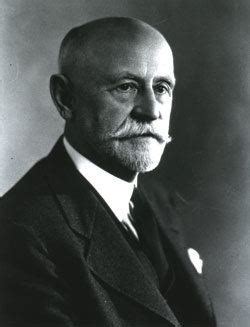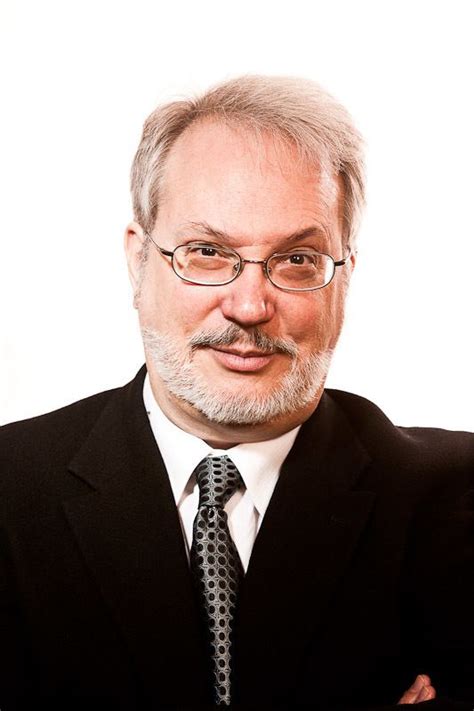A Quote by Jonathan Safran Foer
I will never come around to the idea of an anthropomorphic God. I'm also uncomfortable with the word 'God'... I'm agnostic about the answer and I'm agnostic about the question.
Related Quotes
We are not just bundles of atoms being pushed around. But, there's something spiritual about us whether we give that a religious interpretation or not. And so, it's that sense of there being dignity to life that I associate with the word God. I mean, that's probably a pretty radical and agnostic way of interpreting it. But, that's what I think.
People are invariably surprised to hear me say I am both an atheist and an agnostic, as if this somehow weakens my certainty. I usually reply with a question like, “Well, are you a Republican or an American?” The two words serve different concepts and are not mutually exclusive. Agnosticism addresses knowledge; atheism addresses belief. The agnostic says, “I don't have a knowledge that God exists.” The atheist says, “I don't have a belief that God exists.” You can say both things at the same time. Some agnostics are atheistic and some are theistic.
An atheist, like a Christian, holds that we can know whether or not there is a God. The Christian holds that we can know there is a God; the atheist, that we can know there is not. The Agnostic suspends judgment, saying that there are not sufficient grounds either for affirmation or for denial. At the same time, an Agnostic may hold that the existence of God, though not impossible, is very improbable; he may even hold it so improbable that it is not worth considering in practice. In that case, he is not far removed from atheism.







































